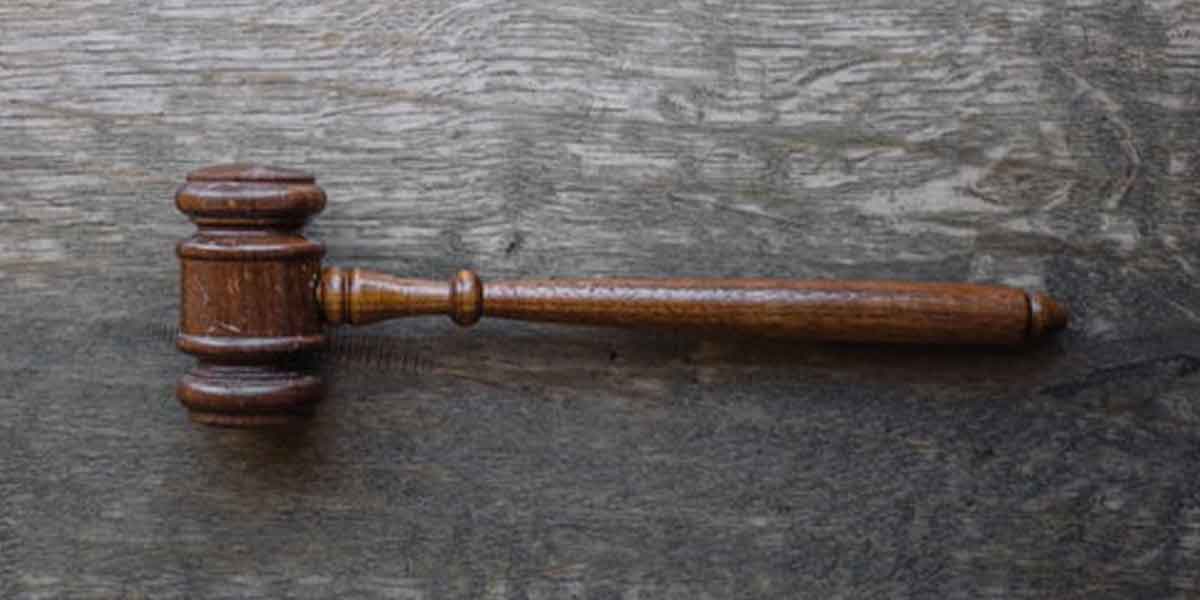Understanding the Probate Process
When an individual passes away, their last Will is subject to a legal procedure known as probate. This process ensures that the deceased’s final wishes regarding their assets and possessions are recognized and carried out accordingly. The court appoints a beneficiary or administrator to oversee the probate process, as outlined in the Will.
One of the primary reasons for initiating probate is to facilitate the transfer of the deceased person’s assets to the designated beneficiaries. If there are no assets or properties to transfer, probate may not be necessary. Additionally, when an estate consists solely of assets in the deceased’s name, probate is required to transfer ownership to the rightful heirs.
Furthermore, probate provides a legal framework for the distribution of the remaining estate assets to the beneficiaries and recipients, ensuring a systematic and lawful allocation of property.
Factors Affecting Probate Timelines
Several factors can influence the duration of the probate process:
1. Estates with multiple beneficiaries often experience prolonged probate proceedings due to the necessity of informing each beneficiary at every stage of the process.
2. Physical distance between beneficiaries may result in extended probate timelines.
3. Estates with assets located in different states can complicate the probate process.
4. Multiple Wills can cause delays in probate procedures.
5. Inappropriate selection of an executor can lead to prolonged probate proceedings.
Step-by-Step Probate Process
The probate process typically involves the following steps:
1. Filing a petition and notifying heirs and beneficiaries, which includes admitting the Will to the probate court and engaging legal representation, if necessary.
2. Notifying creditors and beneficiaries, cataloging the estate, and addressing any claims against the property within the stipulated time frame.
3. Settling funeral expenses, taxes, and debts from the estate under the supervision of the personal representative, who may choose to sell assets if required.
4. Transferring property titles according to the Will or state laws, addressing outstanding bills, and petitioning the court for asset distribution to beneficiaries.
Responsibilities of an Executor
Key Considerations for Executors
Executors must:
1. Manage the deceased’s assets until settlement is reached.
2. Oversee the distribution of assets and property.
3. Handle property inheritance and real estate matters.
4. Present the Will accurately in probate court.
5. Manage tax payments and ongoing expenses related to the probate process.
In Conclusion
Probate is crucial for administering the estate of a deceased individual, ensuring that their final wishes are honored. By following the prescribed probate process, including filing a petition and adhering to legal requirements, the distribution of assets can proceed efficiently. Maintaining accurate records and addressing debts and benefits are essential components of a successful probate procedure.




